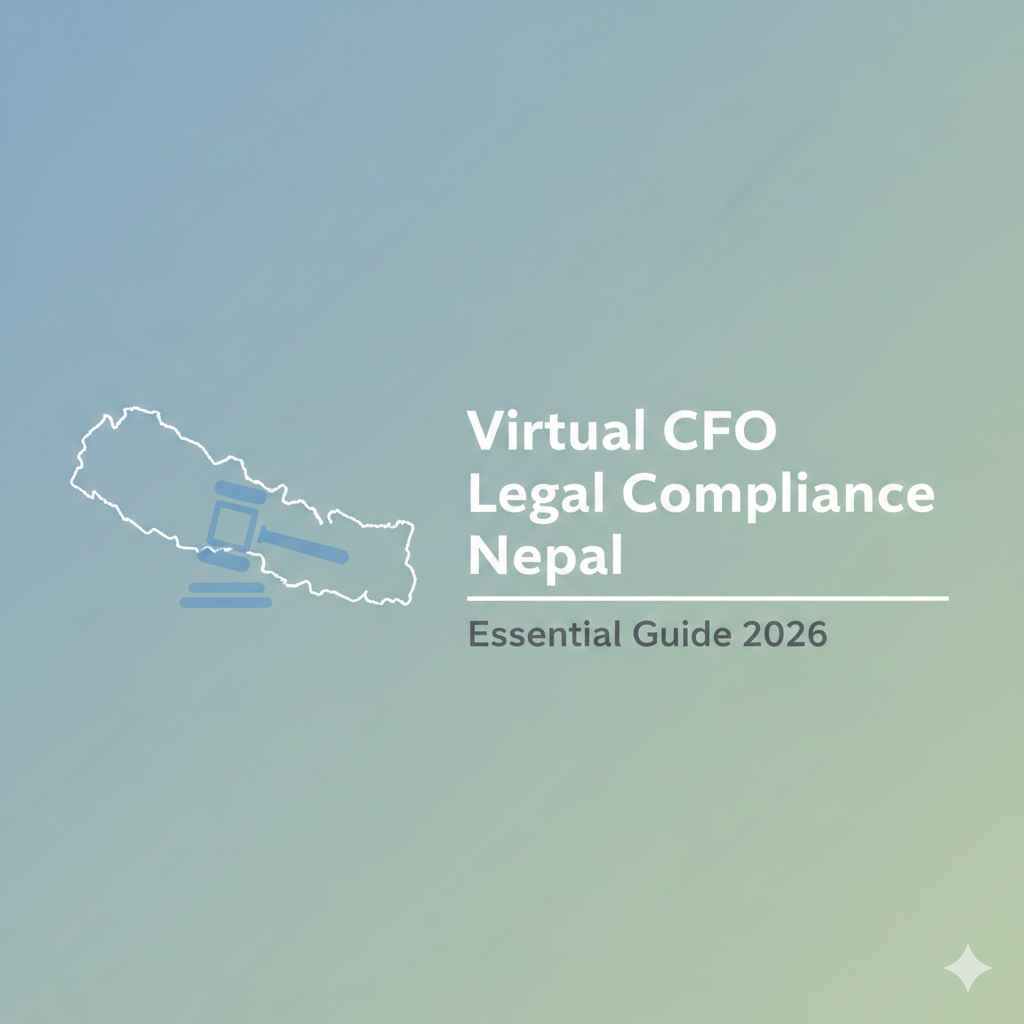
Family Law in Nepal| Lawyer in Nepal| Family Law Firm in Nepal
Family lawyer in Nepal becomes crucial when family disputes arise. Nepal’s family law system has evolved significantly, particularly after the 2015 Constitution. Therefore, understanding these legal frameworks helps families resolve conflicts effectively.
Moreover, family law encompasses various aspects including marriage, divorce, child custody, and property inheritance. Consequently, selecting qualified legal representation ensures favorable outcomes in sensitive family matters.
Understanding Nepal’s Family Law Framework
Nepal’s family law operates under several key legislations:
| Legislation | Coverage | Year Enacted |
|---|---|---|
| Civil Code 2017 | Marriage, divorce, inheritance | 2017 |
| Constitution 2015 | Fundamental rights | 2015 |
| Children Act 2018 | Child custody, protection | 2018 |
| Domestic Violence Act 2009 | Family violence prevention | 2009 |
Key Family Law Areas in Nepal
Marriage and Divorce Laws Nepal recognizes both arranged and love marriages. However, divorce procedures require specific legal grounds. Additionally, mutual consent divorces are processed faster than contested cases.
Child Custody Rights Child custody decisions prioritize the child’s best interests. Furthermore, both parents maintain equal rights unless circumstances dictate otherwise. Courts consider factors like financial stability, emotional support, and living conditions.
Property and Inheritance Rights Nepal’s inheritance laws ensure equal property rights for all children. Nevertheless, traditional practices sometimes conflict with modern legal provisions. Therefore, legal guidance becomes essential for property disputes.
How to Choose the Best Family Lawyer in Nepal

Experience and Specialization Select lawyers with extensive family law experience. Moreover, specialization in specific areas like divorce or custody matters significantly. Consequently, experienced lawyers navigate complex legal procedures more effectively.
Professional Credentials Verify lawyer credentials through Nepal Bar Association. Additionally, check their track record in similar cases. Furthermore, client testimonials provide valuable insights into their performance.
Communication and Accessibility Effective lawyers maintain clear communication throughout proceedings. Moreover, they remain accessible for urgent matters. Therefore, evaluate their responsiveness during initial consultations.
Common Family Law Services in Nepal
| Service | Timeline | Cost Range (NPR) |
|---|---|---|
| Divorce proceedings | 6-18 months | 50,000-200,000 |
| Child custody | 3-12 months | 30,000-150,000 |
| Property disputes | 12-36 months | 100,000-500,000 |
| Adoption procedures | 6-12 months | 25,000-100,000 |
Divorce Procedures in Nepal
Mutual Consent Divorce Mutual consent divorces are processed through local courts. Additionally, both parties must agree on custody and property division. Furthermore, the process typically takes 3-6 months.
Contested Divorce Contested divorces require substantial evidence and legal representation. Moreover, these cases often extend beyond 12 months. Therefore, experienced lawyers are essential for favorable outcomes.
Child Custody Laws in Nepal
Best Interest Principle Nepal’s courts prioritize children’s welfare above all considerations. Additionally, factors like education, healthcare, and emotional stability are evaluated. Furthermore, both parents retain visitation rights unless restricted by court orders.
Custody Arrangements Joint custody is increasingly common in Nepal. Moreover, courts consider children’s preferences for those above 12 years. Therefore, custody arrangements often reflect modern family dynamics.
Property and Inheritance Rights
Equal Inheritance Rights Nepal’s constitution guarantees equal inheritance rights regardless of gender. Additionally, ancestral property is divided equally among children. Furthermore, spouses retain rights to marital property.
Property Division During Divorce Marital property is divided based on contribution and needs. Moreover, courts consider factors like income, childcare responsibilities, and future earning potential. Therefore, fair distribution ensures both parties’ welfare.
Frequently Asked Questions (FAQs)
Q: How long does divorce take in Nepal? A: Mutual consent divorces typically take 3-6 months, while contested cases may extend 12-24 months depending on complexity.
Q: What documents are needed for divorce in Nepal? A: Marriage certificate, citizenship documents, property records, and evidence supporting divorce grounds are essential.
Q: Can foreign nationals get divorced in Nepal? A: Yes, foreign nationals can obtain divorce in Nepal if they meet residency requirements and follow proper legal procedures.
Q: How is child custody determined in Nepal? A: Courts consider the child’s best interests, including financial stability, emotional support, education, and living conditions.
Q: What are the grounds for divorce in Nepal? A: Adultery, domestic violence, abandonment, mental illness, and irreconcilable differences are recognized grounds.
Q: How much does hiring a family lawyer cost in Nepal? A: Costs vary from NPR 25,000-500,000 depending on case complexity and lawyer experience.
Q: Can women inherit property in Nepal? A: Yes, Nepal’s constitution guarantees equal inheritance rights for all children regardless of gender.
Q: What is the legal age for marriage in Nepal? A: The legal marriage age is 20 years for both men and women according to the Civil Code 2017.
Conclusion
Finding the best family lawyer in Nepal requires careful consideration of experience, credentials, and specialization. Moreover, understanding Nepal’s evolving family law landscape helps families make informed decisions. Therefore, professional legal guidance ensures favorable outcomes in sensitive family matters.
Additionally, Nepal’s progressive legal framework provides comprehensive protection for all family members. Furthermore, expert legal representation navigates complex procedures effectively. Consequently, families can resolve disputes while preserving relationships and securing their rights.



